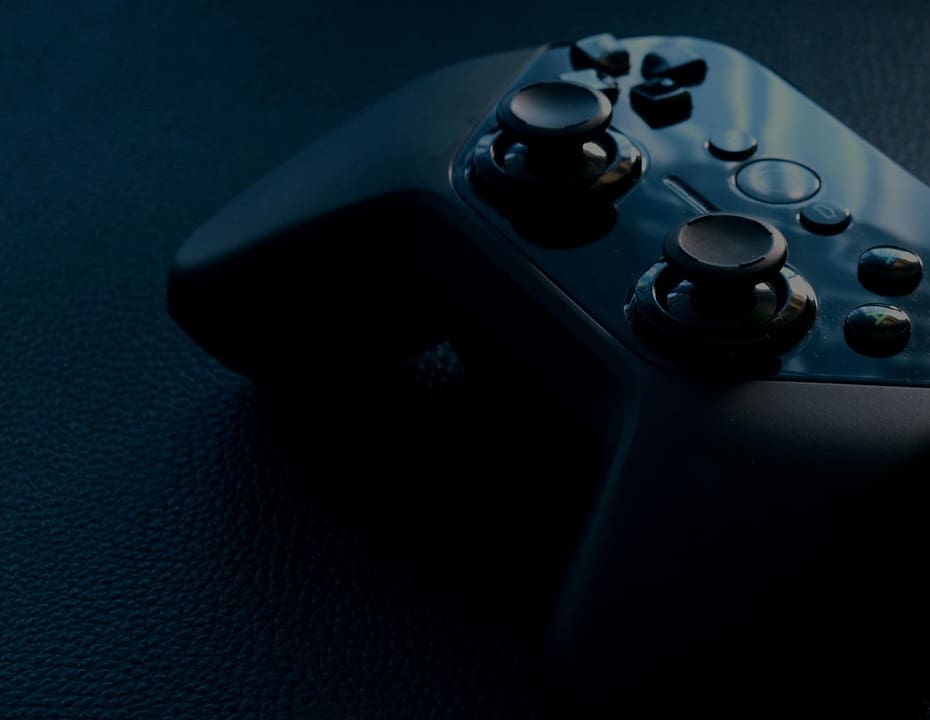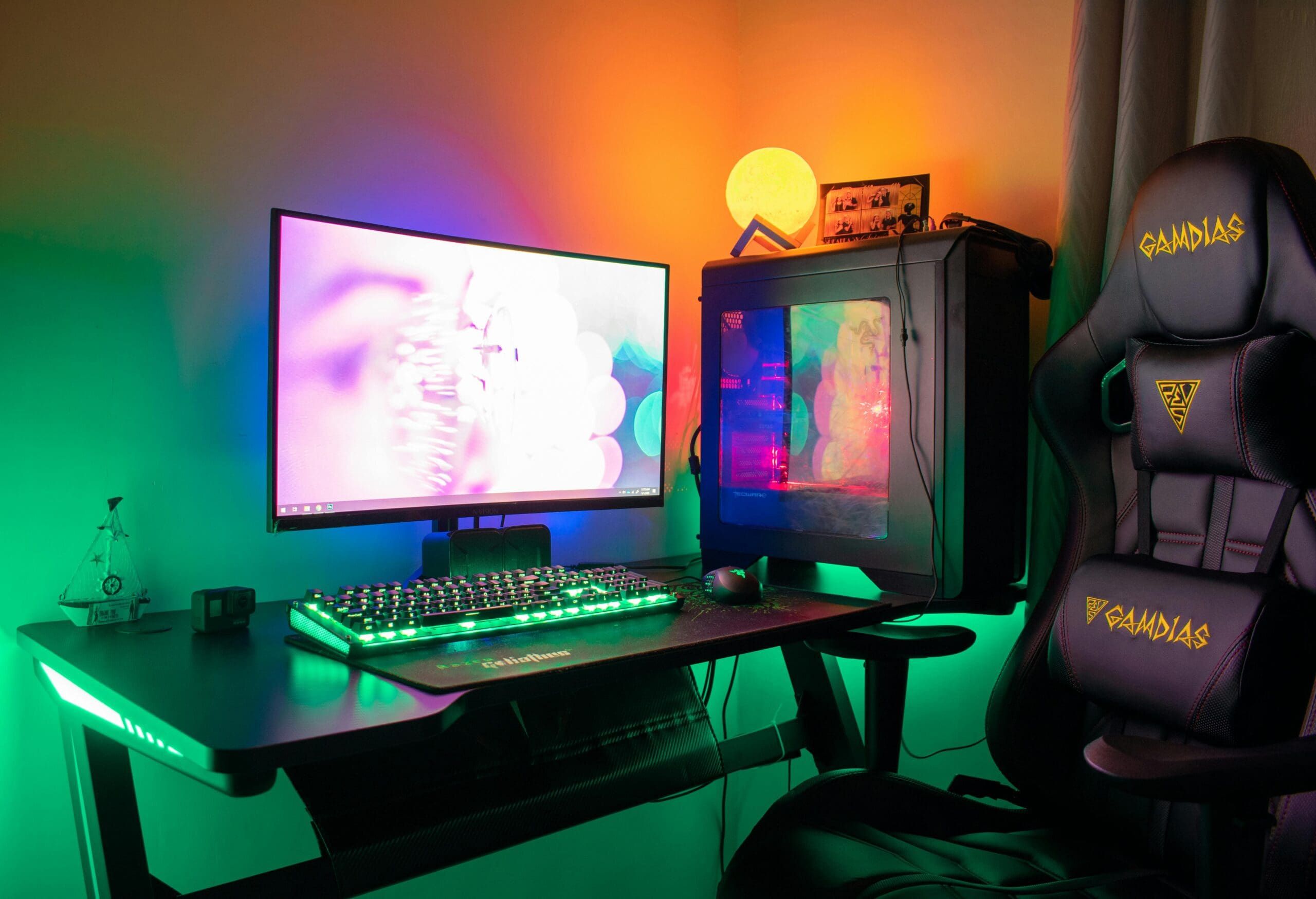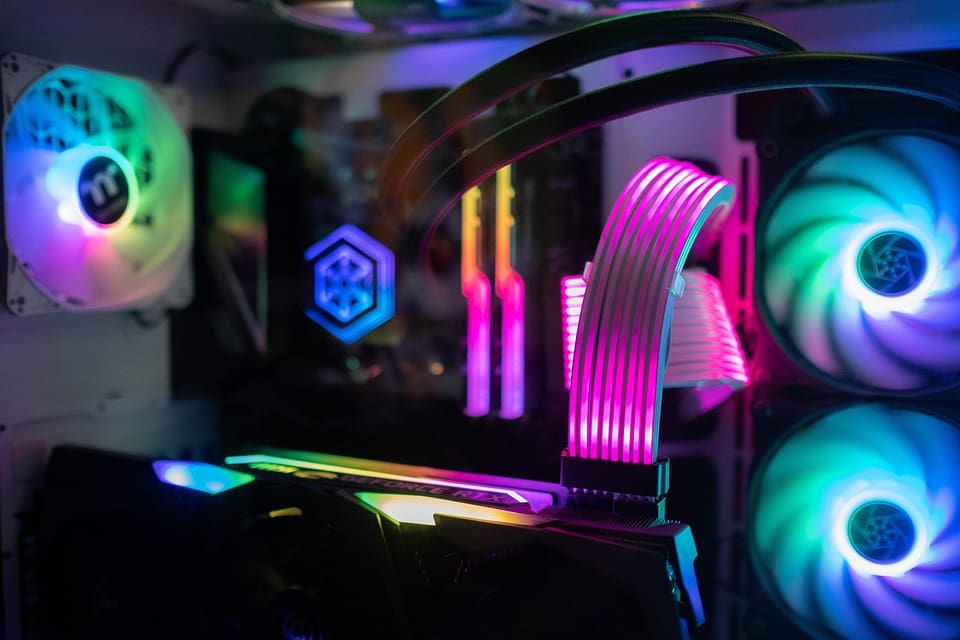Introduction
Gaming PCs are a popular choice for gamers who want the best performance and graphics in their gaming experience. However, to truly get the most out of your PC, it’s essential to optimize its performance for gaming. In this guide, we will discuss strategies for improving gaming performance on your PC, whether you’re a beginner or an experienced user.
Why This Topic Matters
Optimizing your PC for gaming is crucial for several reasons. First and foremost, it can significantly impact your gaming experience by improving frame rates, reducing lag, and enhancing overall gameplay. Additionally, proper optimization can extend the lifespan of your hardware and prevent overheating or other performance issues.
Step-by-Step Guide / Essential Tips
1. Update Your Graphics Drivers Regularly
One of the most important steps in optimizing your PC for gaming is to ensure that your graphics drivers are up to date. Graphics drivers are essential for ensuring that your system can run games smoothly and efficiently. Outdated drivers can lead to performance issues, crashes, and other problems. Be sure to check for updates regularly from your graphics card manufacturer’s website.
2. Adjust In-Game Settings
Another crucial step in optimizing your PC for gaming is to adjust the in-game settings to achieve the best performance. Lowering graphics settings such as resolution, texture quality, and anti-aliasing can significantly improve frame rates and reduce lag. Experiment with different settings to find the right balance between performance and visual quality.
3. Monitor Your PC’s Temperature
Overheating can cause your PC to throttle performance, leading to lower frame rates and stuttering in games. Use monitoring software to keep an eye on your PC’s temperature while gaming and take steps to improve airflow and cooling if necessary. Consider investing in additional cooling solutions such as aftermarket CPU coolers or case fans to prevent overheating.
Common Mistakes to Avoid
- Ignoring Background Processes: Make sure to close unnecessary programs and applications running in the background while gaming to free up system resources.
- Neglecting Hardware Maintenance: Regularly clean your PC’s components, including fans and heat sinks, to prevent dust buildup and improve airflow.
- Not Optimizing Your Storage: Use a solid-state drive (SSD) for faster loading times and improved overall system performance.
Advanced Optimization Tips
For advanced users looking to squeeze every last drop of performance out of their PC, consider the following tips:
- Overclocking your CPU and GPU for increased performance (note: this can void warranties and may require additional cooling).
- Optimizing your system’s RAM usage by closing unnecessary background processes and allocating more memory to games.
- Using third-party performance monitoring tools to track system performance and identify bottlenecks.
Final Thoughts
Optimizing your PC for gaming is essential for achieving the best possible performance and experience. By following the tips and strategies outlined in this guide, you can ensure that your PC runs smoothly, efficiently, and reliably while gaming. Whether you’re a beginner or an experienced user, taking the time to optimize your PC for gaming will pay off in smoother gameplay and improved system stability.
💬 What strategies have you found most effective for improving gaming performance on your PC? Share your tips and experiences in the comments below!


